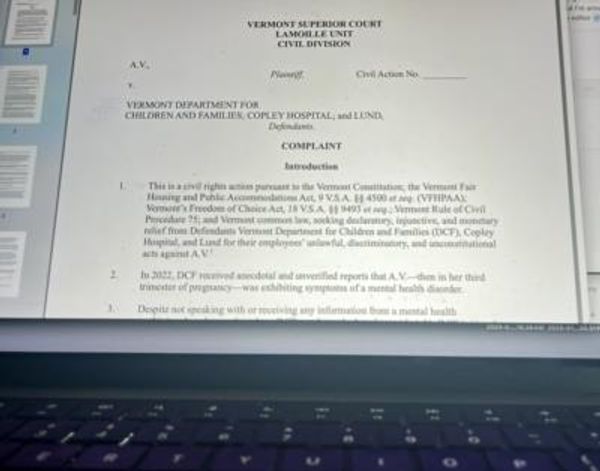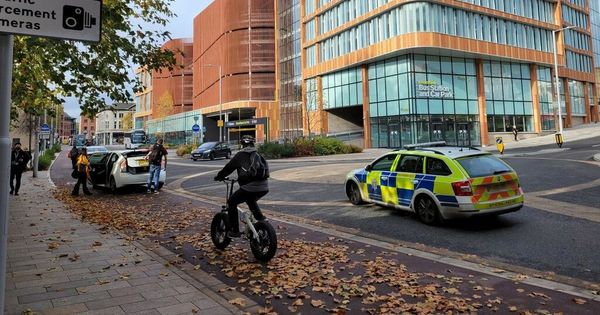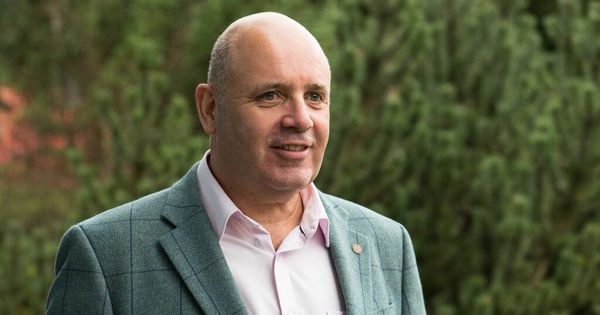A council has dropped plans to make many companies pay a levy on their city centre parking because of the uncertainties caused by the cost of living crisis.
Leicester City Council had been considering charging most employers with more than 10 spaces £550 per space per year under the proposals.
It had said changes were needed to cut congestion and meet tough climate and air quality targets, and raise money to provide sustainable transport for new housing developments.
Between 450 and 600 firms would have been affected and, pending government approval, it could have started in early 2023.
Deputy city mayor Coun Adam Clarke said current political and economic circumstances make it impossible to proceed with the plans.
He said: “We made a commitment in 2019 to consult on a levy in Leicester, and at that time we could not foresee the political uncertainty and dire economic situation the country is facing today.
“We have concluded that we cannot implement a WPL (workplace parking levy) during this ongoing national cost of living crisis, which is causing such uncertainty and concern for so many people and businesses in our city.
“The consequence of this of course is that we won’t have the funding needed to radically improve public transport for so many of our residents, which would in turn help to tackle the climate emergency. In truth, simply maintaining the current levels of service will be a huge challenge.”
The council said transport improvements in recent years included creating a Leicester Buses Partnership and growing the city’s fleet of electric buses with more than 100 more planned.
It said the redeveloped St Margaret’s bus station was the first to be net zero.
Leicester City Mayor Sir Peter Soulsby said: “We have made enormous improvements in Leicester in recent years thanks to successful bids for funding that we have had to compete for against other local authorities.
“However, our long-term aims require significant and reliable ongoing funding that is not currently available.
“We can only hope that before too long there will be a Government in place that will have the vision to transform public transport in this country, and will provide the funds to do it.
“As it stands, severe Government spending restrictions already in place mean we have a shortfall in our budget of many tens of millions, and it’s likely the Chancellor will announce further cuts to public services in November. This means we will be taking difficult decisions on all council services including transport over the next few months.”










